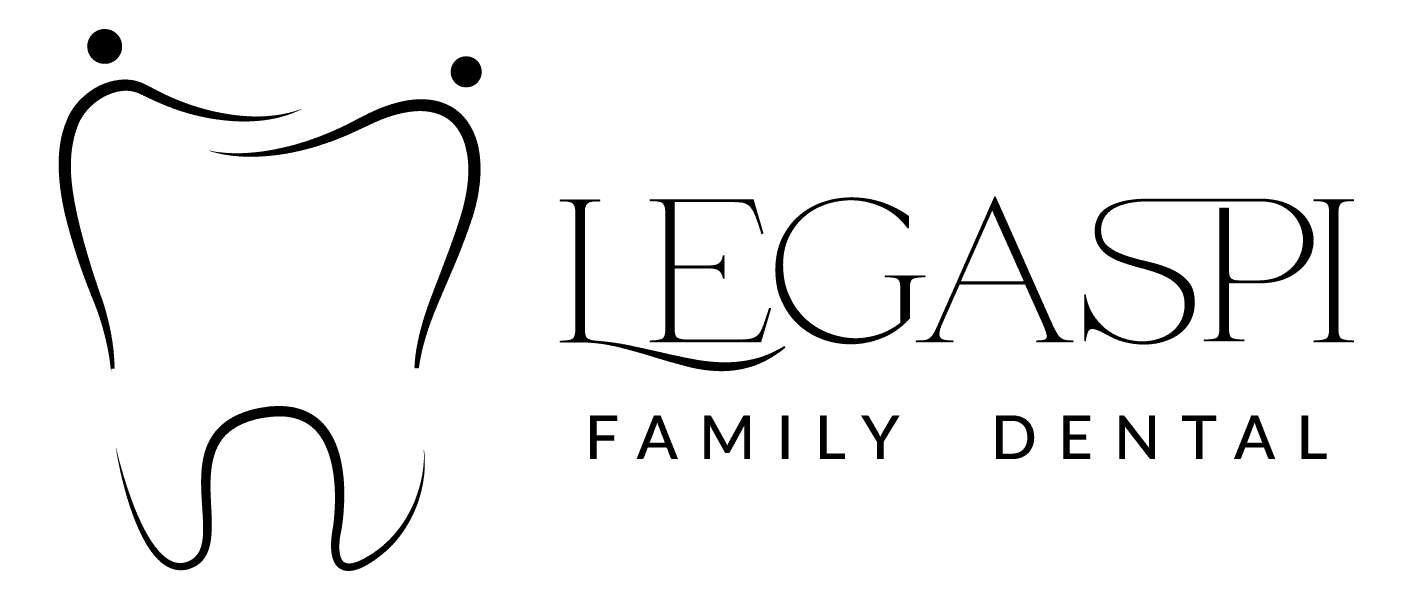When an infection reaches the soft pulp inside your tooth, it can cause serious discomfort and threaten your smile’s health. Root canal therapy treats this infection to save your natural tooth and prevent further issues. This gentle procedure also helps you get back to eating, speaking, and smiling comfortably. Contact Legaspi Family Dental in Alhambra, CA to schedule your evaluation today.
What Is A Root Canal?
A root canal is a treatment that removes infection from inside a damaged tooth. The dentist cleans and seals the area to stop the infection from spreading. It’s a reliable way to keep your teeth healthy.
- Preserves your natural tooth: Maintains chewing ability and keeps your bite aligned for proper function.
- Prevents infection spread: Stops bacteria from damaging surrounding gums and nearby teeth.
- Supports oral health: Helps you avoid tooth loss and the need for bridges or implants.
- Keeps your smile whole: Prevents gaps that can cause shifting or alignment issues.
The Root Canal Process
The root canal procedure is usually faster and easier than many expect. Your dental care provider numbs the area, removes the infected tissue, and fills the tooth to seal it. A crown is often placed afterward to protect and strengthen the tooth.
- Comfort-focused care: Local anesthesia keeps you relaxed and prevents discomfort during treatment.
- Quick and efficient: Most root canals are finished in one or two visits.
- Protective restoration: A custom crown restores the tooth’s strength and natural look.
- Fast recovery: Patients typically return to normal activities within a day or two.
Signs Of A Tooth Infection
Tooth infections can start quietly but cause serious problems if ignored. Knowing the warning signs can help you get care before the infection worsens. If you notice any of these symptoms, see your dental care provider soon.
- Lingering sensitivity: Sharp or dull discomfort when eating or drinking hot or cold items.
- Swelling or tenderness: Noticeable puffiness or soreness around gums, jaw, or face.
- Darkened or damaged tooth: Visible changes like discoloration, cracks, or chips in the tooth surface.
- Recurring gum bump: Small, painful sores or bumps on the gums signaling abscess or infection.
The Importance Of Prompt Treatment
Delaying treatment gives the infection a chance to spread and cause more damage. Quick root canal therapy protects your tooth and overall health. Acting early means fewer complications and less discomfort.
- Protects your overall wellness: Stops infection from reaching other areas of your body, preventing serious health risks.
- Avoids costly procedures: Early treatment reduces the chance you’ll need tooth extraction or complex restorations.
- Saves your tooth structure: Preserves your natural tooth, keeping your smile looking and functioning naturally.
- Prevents future problems: Stops the infection before it leads to further oral health issues.
Protect Your Natural Tooth For A Lifetime
Living with ongoing discomfort or losing a tooth isn’t necessary. Root canal therapy offers a safe, effective way to restore your smile and comfort. The trusted team at Legaspi Family Dental in Alhambra, CA, provides gentle care and expert results. Contact us today to take the first step toward a healthy, confident smile.

